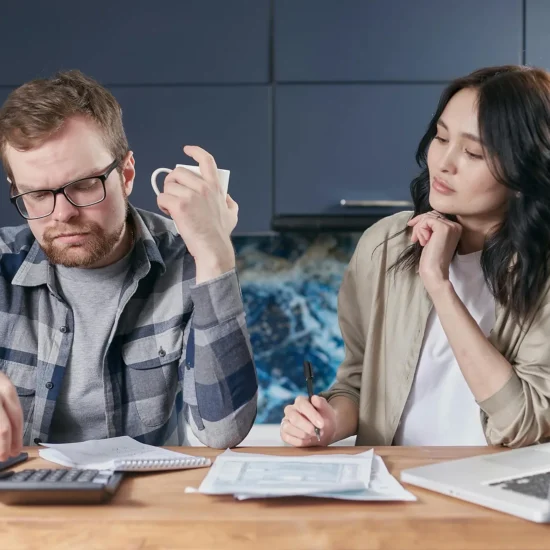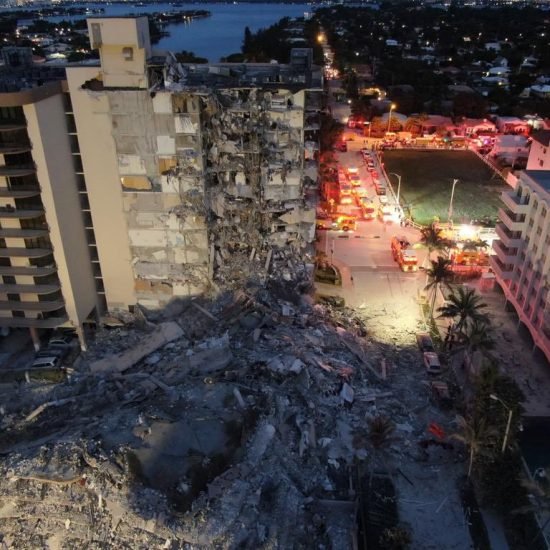
Most people who purchase a home in a homeowner association (HOA) have no idea what a reserve study is, or why it is important. In spite of the critical role reserve planning plays in the long-term sustainability of the organization, many HOAs have never conducted a reserve study and do not maintain a reserve account.
The trend among HOAs tends to follow state law, which seems logical? The problem is that there are less than ten states in which HOAs are required to conduct a reserve and perhaps an equal number that actually require the HOA to fund a replacement reserve account.
Adding to the problem is that most reserve study statutes do not include any enforcement language. As a result, the consequences of noncompliance are minimal. Similarly, the laws that exist in most states are full of loopholes in the form of the usual, “notwithstanding the foregoing” and “including, but limited to the following,” language.
The point is that the laws of most states are minimal in not existent and often times ignored or not enforced. None of this is a good thing if you are a buyer who is looking to purchases a home located in an older HOA because the long-term financial stability of the HOA is directly tied to the level of reserves that have been accumulated by the Association in the first 20-30 years of the HOA’s existence.
The good news is that if you choose to make your home west of the Rocky Mountains, there is a higher than average chance that you may end up residing in a state that does require your HOA to conduct a reserve study since the majority of the states which require a reserve study are located in the western half of the country.
Defining Reserves
Before we go any further, we need to establish exactly what we mean by the term “reserves.” In the lexicon of reserve planning professionals, the term “replacement reserves” refers to funds which are set aside to pay for the maintenance, repair and replacement of specific commonly-owned assets of the HOA. In this context the reserves are not a slush fund that may be used at random to pay for unexpected expenses when they occur.
The American Institute of Certified Public Accountants (AICPA) has taken the position that the use of the term “reserves” when referring to the funds that are earmarked for replacement of commonly owned assets is confusing and potentially misleading as the word has more than one meaning in the context of financial accounting (Audit & Accounting Guide for Common Interest Realty Associations – May 1, 2008).
In the opinion of the AICPA, the reserve fund is more appropriately titled the “fund for major repair and replacement expenses.” It is true that many HOAs maintain reserves for other purposes. As a result, it is a good practice to use the term “replacement reserves” to distinguish from “reserves” that may be set aside for other purposes.
The funds that are sequestered in the replacement reserve fund and reported on the balance sheet as such, should not be used to pay for any expenses other than those for which the reserves have been accumulated, regardless of any restrictions that may be placed on the use of the funds by state law or the governing documents.
The topic of borrowing from the replacement reserve account is a controversial subject that will be covered in a future post on this blog.
In future installments of this series will continue to examine the subject of reserve planning for common-interest developments and the importance of replacement reserves and the planning process for buyers who purchase homes in older HOAs.







